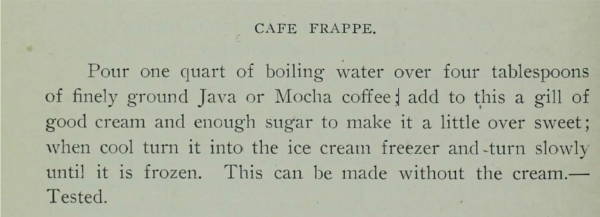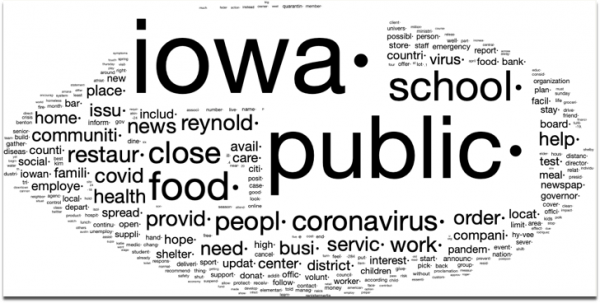
By Julian Neely, Greenlee graduate student
Graduate students in the Greenlee School of Journalism and Communication explored the relationship between food and media through a new seminar class offered in fall 2020.
Dr. Laura Witzling led this course, in which graduate students learned how media products can be used to tell stories, share news and unite people for a greater cause around food systems. As part of the course, Witzling challenged her students to create and conduct their own research projects. Witzling’s academic background unifies environment, agriculture and media perspectives. Her wisdom and expertise positions students to conduct exceptional research.
Throughout the class, students engaged in research topics spanning from comparing cookbook recipes with Instagram visualizations, studying how news oriented around food is framed during COVID-19 and understanding how food advertisements include members of the LGBTQIA+ community.
“I like the freedom of the project to explore something that is close to me as well as those around me and see how food media has taken on the mantle of representing a large demographic in unique ways,” said Johnna Ragland, second-year graduate student in journalism and mass communication.
Isabel Haas, a first-year Greenlee graduate student, studied food influencers. Haas explored whether these influencers should be held to the ethical standards of journalism when publishing social media content.
“There are no ethical guidelines set in place for social media influencers when sharing content or promoting advertisements,” said Haas. “And followers of these individuals are typically very trusting of those that they follow.”

Lexi (Yuxi) He, a second-year Greenlee graduate student, focused her research project on how local news organizations in Iowa are framing food news during COVID-19.
“At first I was going to investigate national organizations,” said He. “But then I found actually that the local newspapers near us can also have an insight and might be more interesting and effective to start.”
Thomas Cox, a PhD student in rhetoric and professional communication in the Department of English, explored telos, the end goal or purpose, in three Iowan cookbooks from the Iowa Cookbook Collection in the Iowa State University Special Collections and University Archives through a phenomenological rhetorical analysis.
“I enjoy researching local, particularly rural, knowledge especially those with deep connections to place and space or hands-on knowledge,” said Cox.
Greenlee’s graduate seminars in mass communication are offered on a rotating basis and fall under broad categories including professional communication, research methods and society and mass communication.
